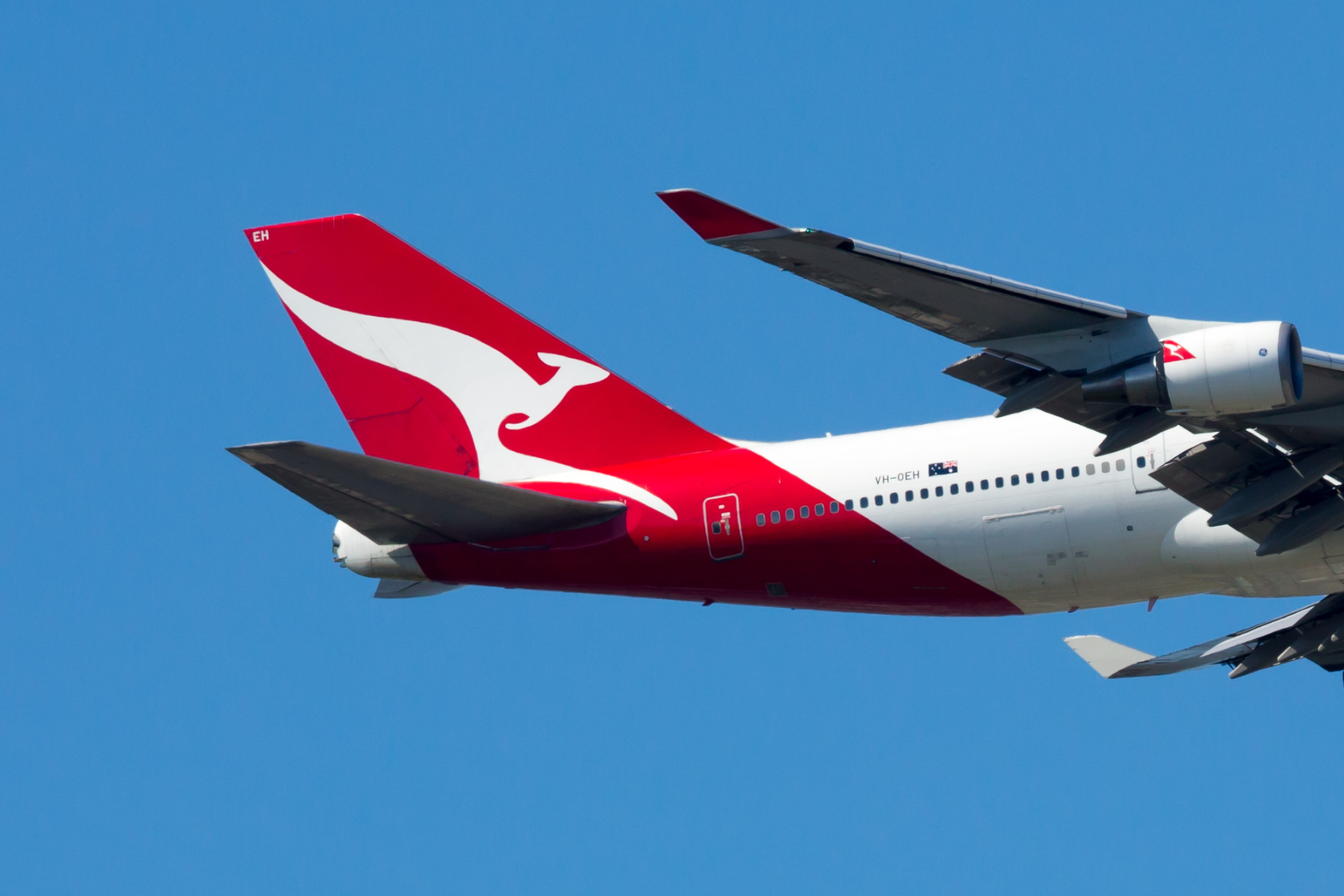Copilot, Microsoft's New AI Assistant and the $1 Billion Amazon-Microsoft Megadeal
In the dynamic world of technology, two remarkable developments involving Microsoft are currently reshaping the landscape. Our journey begins with Microsoft introducing its groundbreaking AI assistant, Copilot, poised to revolutionize the way we interact with technology. Simultaneously, an unexpected yet transformative collaboration emerges as Amazon and Microsoft prepare to seal a $1 billion “megadeal” for cloud productivity, marking a monumental shift in the tech industry’s dynamics. Let’s delve into these two remarkable advancements that promise to redefine the future of technology and collaboration.
Microsoft's Revolutionary AI Assistant
In an industry where innovation reigns supreme, Microsoft consistently demonstrates its commitment to redefining how we work and interact with technology. Microsoft recently introduced its groundbreaking AI assistant, affectionately naming it Copilot. Microsoft Copilot is a ChatGPT-style AI assistant, designed to seamlessly integrate into Microsoft Office applications. The goal is to make everyday office tasks more efficient and less time-consuming. After extensive trials, Microsoft is all set to make Copilot available to the public on November 1st, 2023.
A Paradigm Shift in Productivity
Copilot is not just your typical AI assistant. It is a productivity powerhouse designed to eliminate what Microsoft calls “drudgery” from office work. Imagine a world where you no longer must labor over drafting lengthy emails, creating Word documents, or crafting complex spreadsheet graphs and PowerPoint presentations. With Copilot, these tasks become a breeze, accomplished in a fraction of the time it would take a human worker.
During our exclusive trial of Copilot, it became abundantly clear that this AI assistant is not just useful but also a formidable colleague for anyone involved in office work. It demonstrated an uncanny ability to summarize lengthy email chains in mere seconds and even suggested responses that were not just concise but also thoughtful. The remarkable part is that it all happened without any visible indication that Copilot was involved in the process.
Effortless Content Creation
One of the areas where Copilot truly shines is content creation. Creating a multi-slide PowerPoint presentation based on the contents of a Word document used to be a time-consuming task. With Copilot, it’s a matter of seconds. The AI assistant can use images embedded within the document or search its extensive library of royalty-free images to create a visually appealing presentation. It doesn’t stop at that; Copilot even generates a suggested narrative to accompany the presentation, making it a complete package.
A Word of Caution
While Copilot’s capabilities are undeniably impressive, the introduction of such advanced AI tools into the workplace raises legitimate concerns. The first among these concerns is the potential replacement of human workers. As these AI assistants become more competent, some fear that they might render certain job roles redundant.
Additionally, there’s a growing apprehension about overreliance on AI-powered assistance. The fear is that individuals and organizations might become dangerously dependent on these tools, which could result in a significant loss of skills and expertise among human workers.
Transparency in AI Interaction
The issue of transparency is another critical aspect to consider. Both the European Union’s AI Act and China’s AI regulations emphasize the importance of clearly stating whether you are interacting with an artificial intelligence entity or a human. Collette Stallbaumer, head of Microsoft 365, highlights that it is the responsibility of the individual using Copilot to make this distinction. However, the EU argues that it is the responsibility of the developers to ensure responsible and transparent use of AI tools.
In our trial, the AI-generated content didn’t provide any indication that it was authored by Copilot, raising questions about transparency. While some argue that this is the responsibility of the users, others contend that it’s a shared responsibility between users and developers.
The Future of Copilot
As we look ahead, Copilot holds great promise. It can enhance productivity and streamline office work, making it a valuable tool for individuals and organizations. Microsoft will undoubtedly continue to refine and expand Copilot’s capabilities, and it will be intriguing to see how this AI assistant evolves in response to user feedback and technological advancements.
The $1 Billion Amazon-Microsoft Megadeal
In a surprising turn of events, Amazon and Microsoft are preparing to ink a “megadeal” that will send shockwaves through the tech industry. This collaboration represents a significant shift in dynamics, with Amazon committing over $1 billion to secure one million Microsoft 365 licenses for its corporate employees. But what drives this monumental transition?
Amazon's Transition to Cloud Productivity Tools
Amazon has historically relied on traditional, on-premises Microsoft Office software for its employees. However, this transformative deal signifies a significant shift towards cloud-based productivity tools. This change may seem long overdue, but it wasn’t without its initial reservations.
One of Amazon’s concerns was data storage. The company had been hesitant to store its valuable data on Microsoft’s cloud services, given the rivalry between Azure and Amazon Web Services (AWS). Security and data control are paramount in the tech industry, and Amazon was understandably cautious about entrusting its data to a competitor.
The Scale of the Transition
Transitioning a corporation of Amazon’s magnitude to an entirely new suite of cloud-based productivity tools is no small feat. Microsoft is gearing up to begin the implementation of these new systems in November. The full transition for Amazon’s employees is expected to occur in early 2024. The extensive scale of this deal necessitates careful planning and resource allocation, involving various groups within Microsoft’s Office and security organizations to ensure a smooth transition.
A Strategic Move
This megadeal has far-reaching implications. It represents a monumental shift in the tech industry, bringing together two giants who, historically, have been fierce competitors. Amazon’s choice to embrace Microsoft’s cloud productivity suite over other alternatives is a strategic one. While Amazon Web Services (AWS) is renowned for its cost-effectiveness, Microsoft’s cloud-based productivity tools offer a wider range of features and integration capabilities. The move indicates that Amazon values the additional functionalities and variety provided by Microsoft.
This decision might pave the way for a new era of collaboration and innovation in the tech industry. Both companies have made significant strides in diversifying their offerings, and this partnership may signal a willingness to set aside past rivalries for the greater good of technological advancement.
Navigating the Future of Technology and Collaboration
In a world where technological innovation is constant, Microsoft stands at the forefront of pioneering change. Copilot, Microsoft’s AI assistant, represents a leap forward in office productivity, streamlining tasks and making work more efficient. As we navigate the evolving landscape of AI and automation, it’s crucial to strike a balance between enhancing productivity and preserving human skills and expertise.
The megadeal between Amazon and Microsoft underscores the willingness of tech giants to adapt and collaborate, even in the face of historical rivalries. This transformative partnership sets the stage for a new era of collaboration, innovation, and the advancement of technology and benefits.




